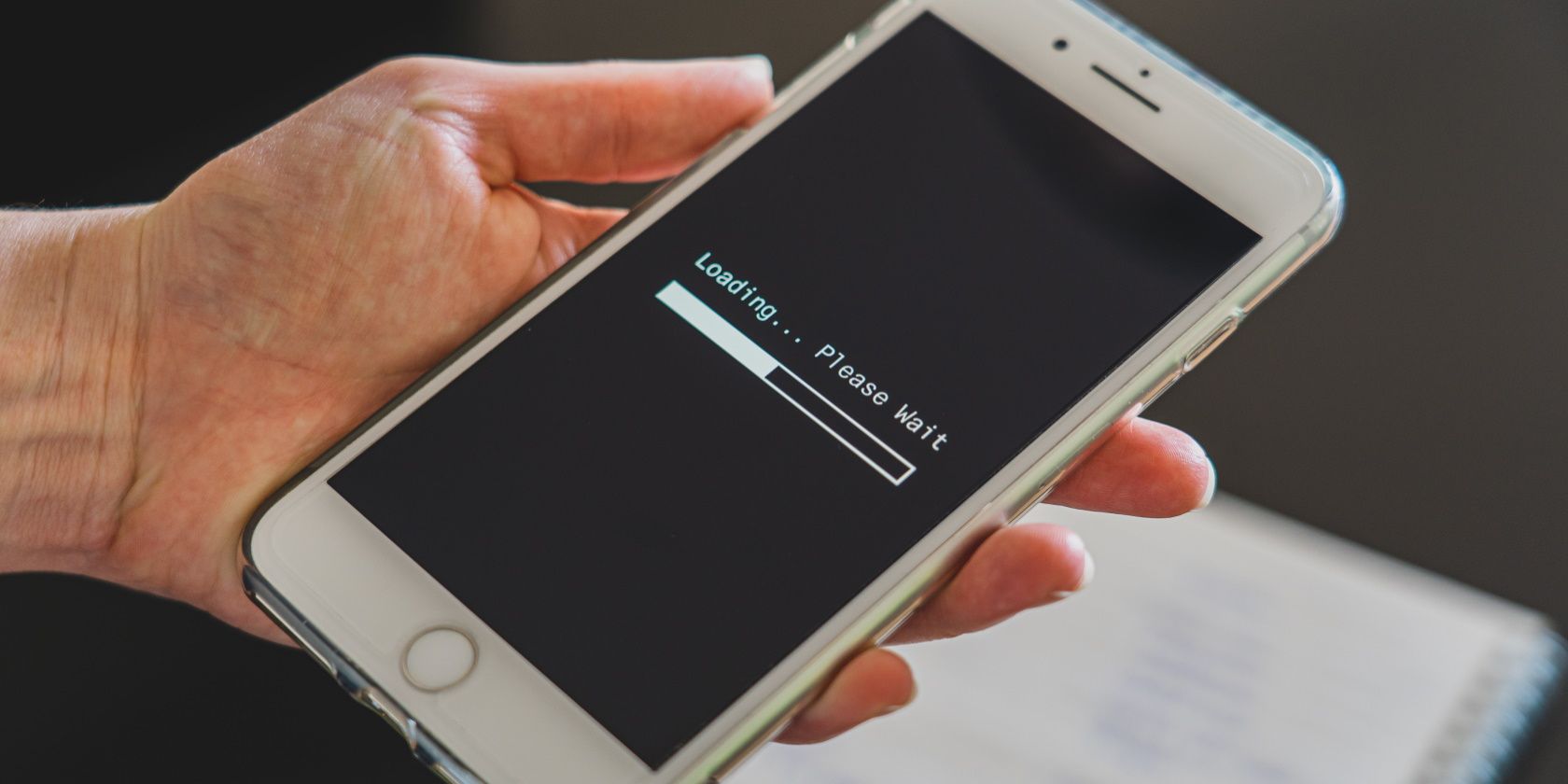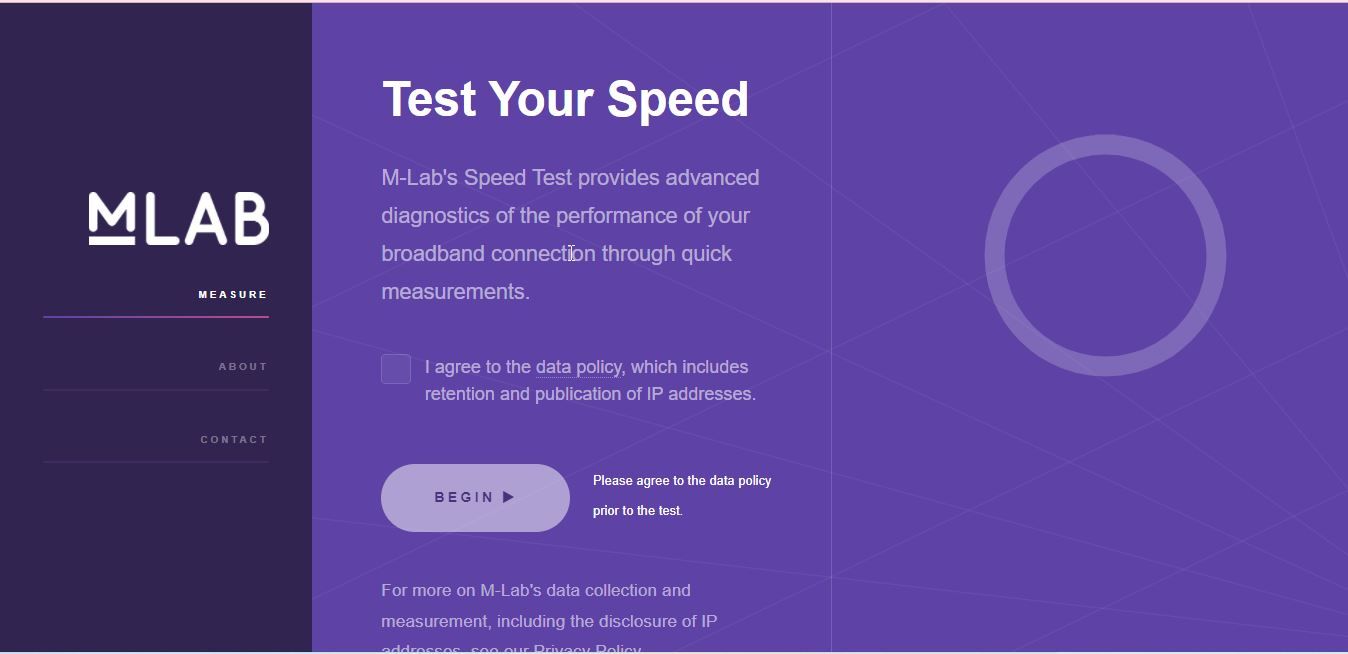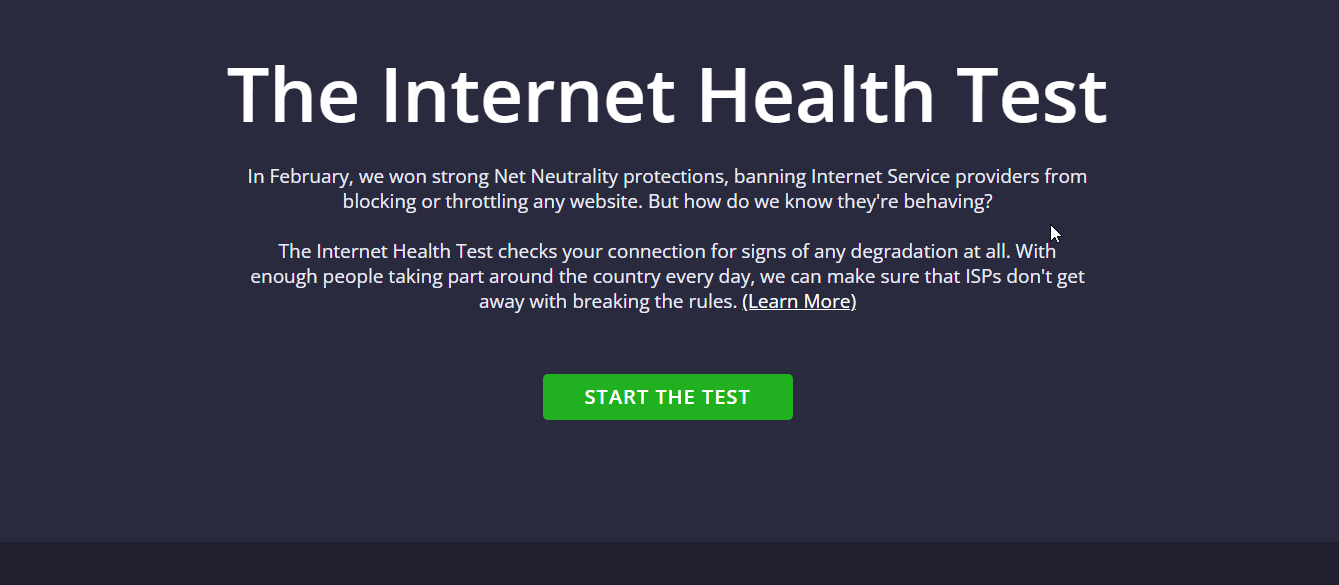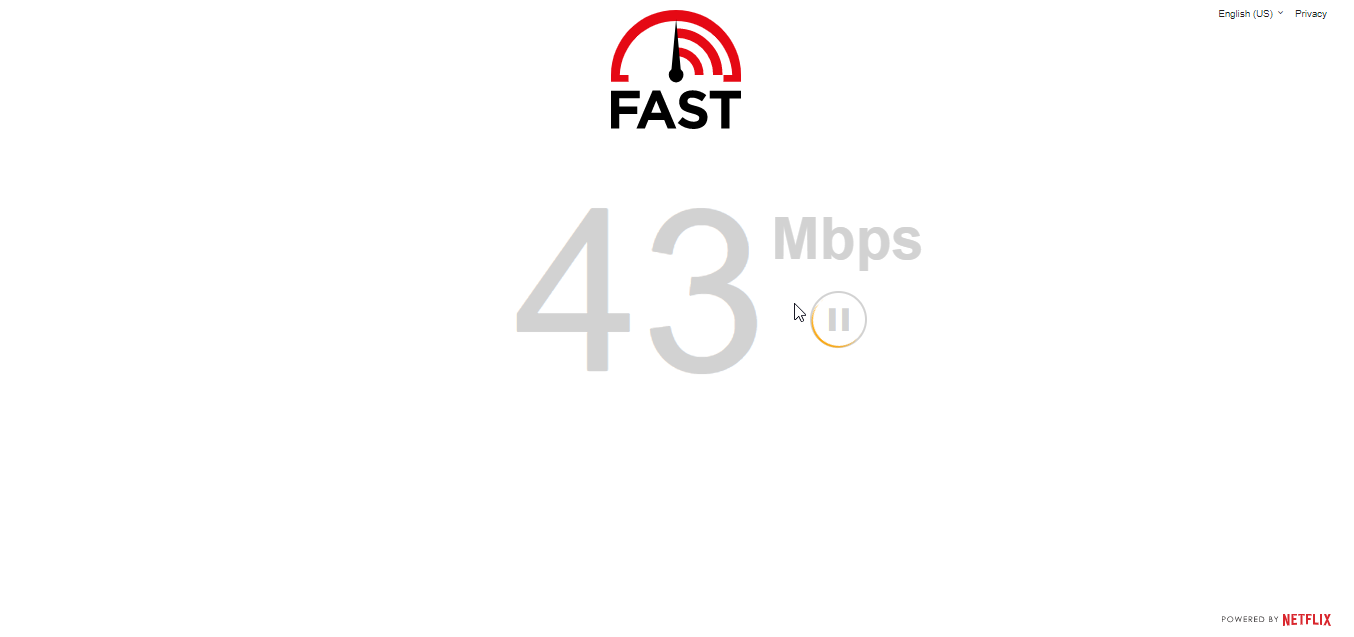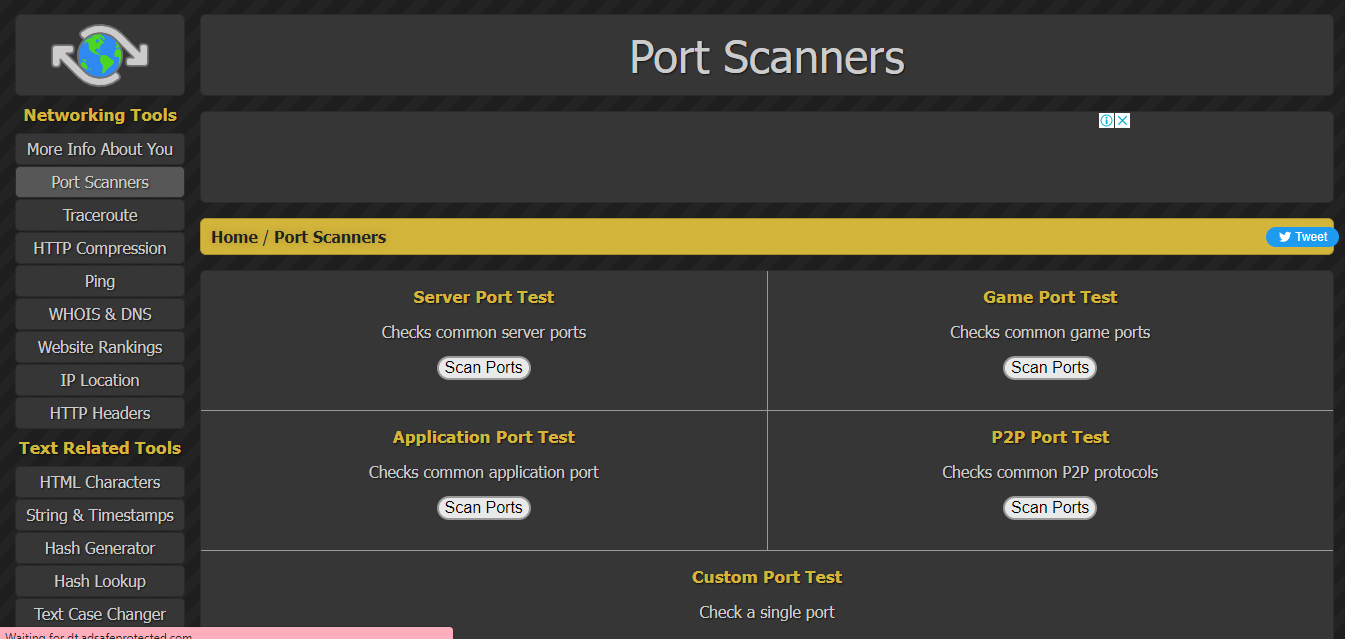Nobody likes it when their internet slows down. Pop-ups, videos, and other websites taking forever to load can be infuriating. Are you getting the internet speed you’re paying for?
If you're paying for high-speed internet connectivity and yet, your internet has been ridiculously slow, it could be a classic case of internet throttling. Here are five ways you can check if your internet is being throttled.
What Is Internet Throttling?
Internet throttling is when your internet service provider (ISP) limits your internet speeds on purpose. It's become common practice by internet service providers to save costs, even though they claim to be providing "unlimited data".
If you've been observing a clear connection between reduced internet speeds for specific activities like streaming, downloading files, and gaming—and you're unable to explain it away with bad weather or equipment malfunction—your internet is likely being stifled.
Instances of internet throttling have become so common over the last few years that Netflix and YouTube have created their own speed testing tools to help you find out whether you're getting the speeds you paid for.
While your ISP can throttle your internet for a number of reasons, the two most common ones include a data cap overage and network congestion.
How to Check if Your Internet Is Being Throttled
Internet plans aren’t all created equal—some plans have data restrictions to prevent the users from exceeding their monthly bandwidth.
Also, when a network becomes too congested because too many people are trying to connect at the same time, your ISP limits your internet connectivity.
If you're well within your data cap, and you're still experiencing sluggish internet speeds, here are a few techniques to test for ISP throttling:
1. Test Internet Speed On Your Device
Testing your internet speed is the best way to check if you're getting the speeds you're paying for. You can use an internet speed testing tool like Google's Measurement Lab to test your current network speed or check for blocking and internet throttling.
As internet speeds fluctuate through the day, you can run multiple tests and compare them with your data plan to calculate an average.
If your computer's not generally slow, and you see a clear difference in the results as against your promised speeds, it's time to take it up with your ISP.
2. Check For Interconnection Issues
Sometimes, interconnection issues could be causing slow internet speeds. You can run the Battle for Net's Internet Health Test to check different routes and determine whether there are any problems at the point of interconnections.
If you notice sluggish performance, chances are you'll notice considerable differences in speed. Sometimes, ISPs throttle your internet at particular points to force other ISPs and companies to pay a fee.
3. Compare Internet Speeds, Do a Video Speed Test
If you're experiencing slow internet while watching or trying to load streaming sites, you can use video testing tools to do specific speed tests.
Some ISPs throttle particular sites from time to time to discourage you from using them, in a bid to force companies to pay ISPs for faster load times.
Netflix's fast.com and Google's Video Quality Report are exceptionally useful in checking if your ISP throttling is content-based. Don't worry if it is—a VPN might be able to alleviate your problems.
4. Use a VPN to Fight Content-Based Throttling
If your internet throttling is aimed at particular sites and applications, you can use a VPN to bypass it. A VPN (or Virtual Private Network) lets you surf the web anonymously so that your ISP cannot track your online activity or limit it.
Besides that, it lets you access restricted websites that would have otherwise been inaccessible. You can also check your internet connection speed using a VPN, as it'll give you a much more accurate reading.
While a slight drop in internet speed is normal, a big difference tells you that your internet speed is being stifled deliberately. Again, do a number of tests throughout the day to record an average speed.
5. Scan the Ports
A port is the connecting point between your computer and another device or program. We often use ports for messaging apps, and gaming.
If you use open ports, you could run a port scanner test to determine whether specific ports are being throttled on purpose. ISPs are notorious for keeping a track of port activities, and limiting your data as and when they see fit.
You can run a variety of port scans like the Server Port Test, the Game Port Test, the Application Port Test, or the P2P Port Test to check if that's the case. You can also check a single custom part, if the need arises.
How to Stop Internet Throttling
There's a common misconception that you can't do much about ISPs throttling your internet. However, that's not true. Here are a few ways you can stop bandwidth throttling:
- If the problem is overuse of data, you can cut down on your activities that consume lots of data. You can also install an app to help you track your data usage. If saving bandwidth isn't a feasible solution, consider upgrading your internet plan to enjoy high-speed data.
- You can switch to a premium VPN service that provides complete data privacy and freedom from all instances of throttling. By encrypting your traffic, it'll help stop content-based throttling, aimed at particular sites and applications.
- You can also change your ISP and choose a service provider that serves you, if cases of bandwidth throttling get persistent and continuous.
Internet Throttling Isn't Always Bad News
Contrary to popular brief, instances of internet throttling can also be beneficial to you. When the network is too congested, ISPs use internet throttling to regulate traffic—and ensure that you get some access to the internet rather than getting nothing.
While it's always not bad, ISPs can regulate your online activity and restrict your access to a free and open network. Take it up with your service provider or use a trusted VPN to ensure privacy on the internet.

